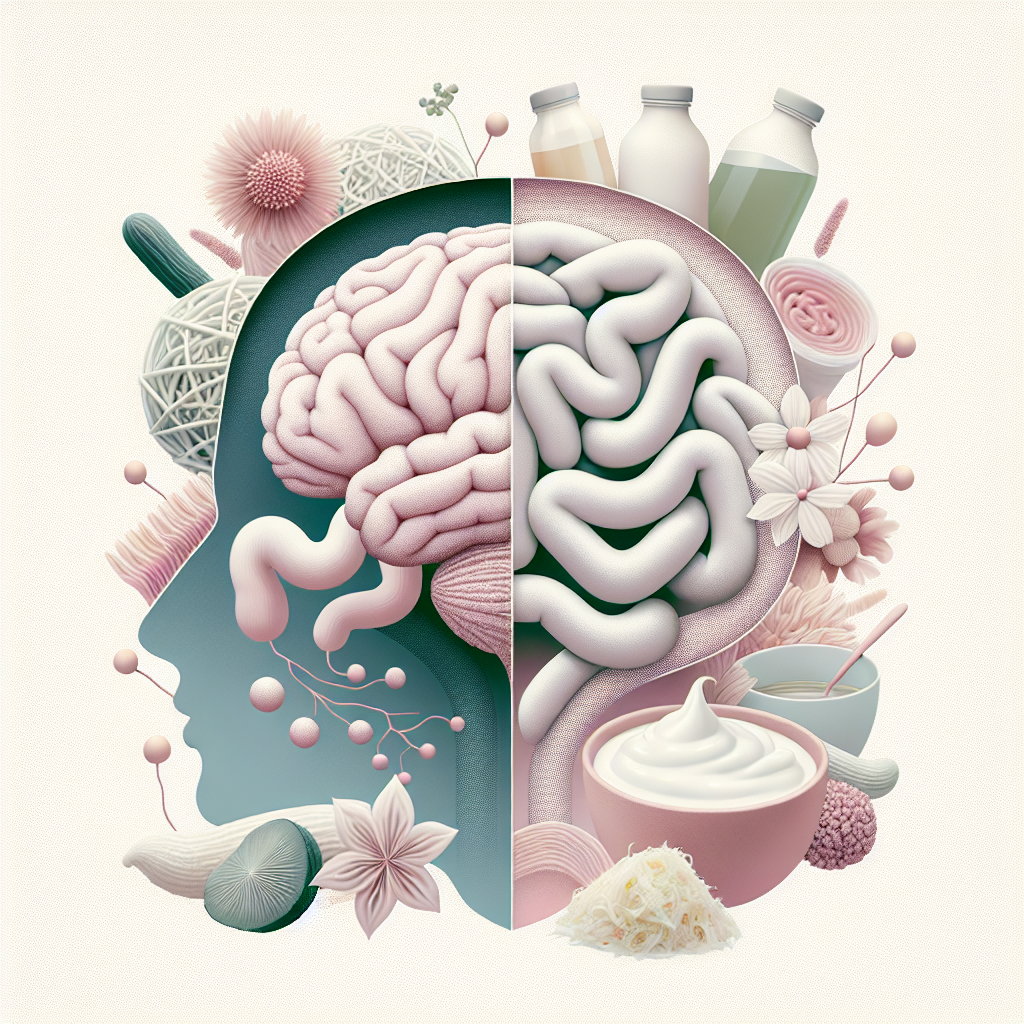### The Power of Probiotics: The Gut-brain Axis Connection
The gut-brain axis, an integrated bio-directional system involving the gut microbiota and the brain, has attracted considerable scientific discussion. The impact of the interaction between our gut and brain on our overall health is a fascinating concept that could potentially offer unique insights into common health issues such as mental health disorders, obesity, diabetes and autoimmune diseases.
According to recent research, your gut microbiota may play a remarkably crucial role in your brain’s health. It suggests that the balance or imbalance of bacteria found in your gut-termed “gut microbiota,” may contribute to or alleviate certain mental health disorders. This intricate connection between the gut and brain is often referred to as the gut-brain axis.
## How does the Gut-brain Axis work?
The gut-brain axis is a communication network linking the central nervous system (including the brain) to the enteric nervous system (the nerve network within the gut). These systems converse through multiple paths, including through nervous, endocrine, and immune signalling pathways.
A healthy gut microbiota is critical for this system to function optimally. Dysbiosis, or imbalance of your gut bacteria, can disrupt this communication, having repercussions not just on your digestive health but also mental well-being.
## Enter Probiotics
Probiotics, known as ‘good bacteria’, have been a subject of intense research in relation to the gut-brain axis. Studies suggest that these beneficial bacteria may enhance the gut-brain communication, leading to improved mental health. Probiotic bacteria, found in foods such as yogurt, kefir and other fermented foods or dietary supplements, can balance gut microbiota and support a healthy gut-brain axis.
## Probiotics and Mental Health
The relationship between mental health disorders and the gut microbiota is being explored more than ever. In one study, researchers found that individuals with depression had different gut bacteria composition compared to healthy individuals. Many similar research, though in initial stages, imply that probiotics could be a potential strategy in managing mental health disorders.
Known collectively as ‘psychobiotics’, certain probiotics have shown promising results in improving symptoms related to stress and mental health conditions like anxiety and depression. The underlying mechanism is still being elucidated with focus on how probiotics influence neurotransmitters, inflammatory responses and other brain-related processes.
## Conclusion
The power of probiotics on brain health through the gut-brain axis is an exciting area of research. With growing understanding, it could revolutionize the way we approach mental health conditions. However, while the potential of probiotics is promising, it’s important to remember that it’s not a magic bullet. A balanced diet, regular exercise, adequate sleep, and stress management still hold the key to our overall well-being.
Moreover, the landscape of probiotics is vast and complex. Not all probiotics are the same and may not offer the expected benefits. Therefore, it’s important to seek medical advice to choose the right probiotics as per individual health needs.
Probiotics could be a part of the larger puzzle rather than the standalone solution to mental health disorders. Nonetheless, the exploration of this fascinating gut-brain axis opens new avenues for prevention and treatment strategies, reemphasizing the age-old saying, “Listen to your gut”.
Note: The content of this post is for informational purposes only and should not be considered medical advice. Always consult your healthcare provider before making any changes to your diet or supplement routine.


